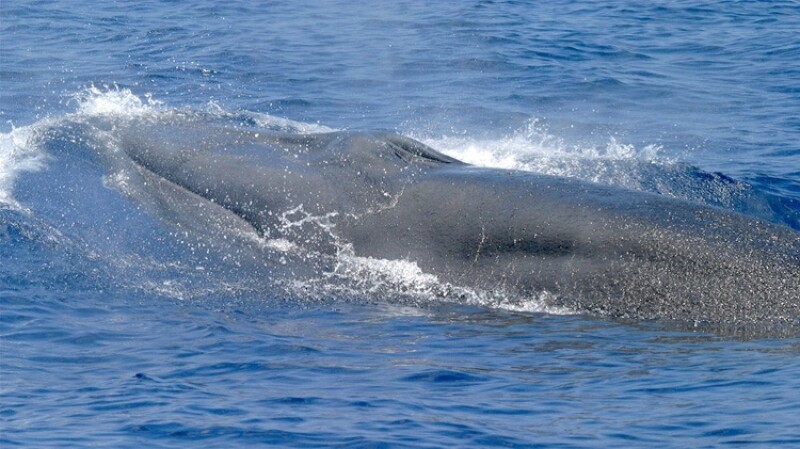US President Donald Trump's administration will delay by 2 years a final rule designating protections for the endangered Rice's whale in the oil and gas drilling region of the Gulf of Mexico, according to an agreement with environmental groups filed in a federal court.
The US Commerce Department's National Marine Fisheries Service (NMFS) agreed with green group Natural Resources Defense Council to finalize by 15 July 2027 the geographic area deemed critical for the Rice's whale survival. The previous deadline had been 15 July of this year.
"NMFS continues to make diligent progress on this complex Final Rule," the agreement said. "NMFS, however, requires additional time to analyze the impact of the Rule and evaluate the science underlying it. As part of that process, NMFS plans to coordinate its efforts with the scientific and academic communities."
The delay is the latest turn in a legal battle among conservationists, the oil and gas industry, and the federal government over protecting a whale that was only recognized as a unique species in 2021. The Rice's whale was previously considered a Gulf of Mexico subspecies of the Bryde's whale.
Probably fewer than 100 Rice's whales remain in the Gulf of Mexico, according to NMFS. The mammals, which measure up to 41 ft and weigh up to 60,000 lbs, have primarily been seen in the Eastern Gulf, off the coast of Florida, but have also been spotted in western areas off the Louisiana and Texas coasts.

